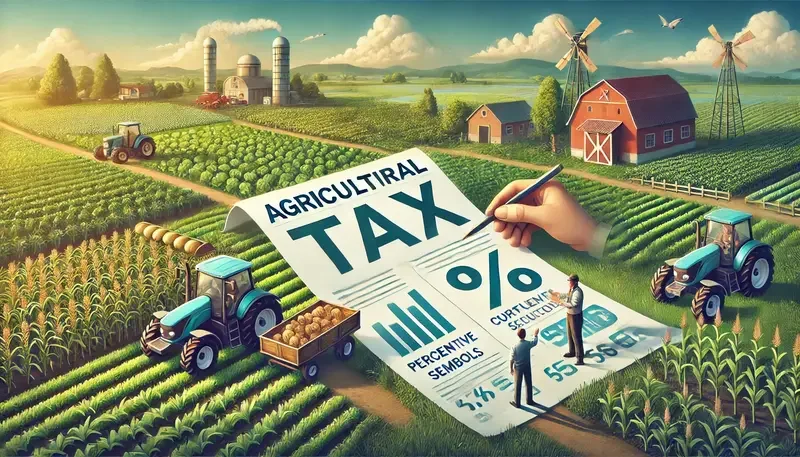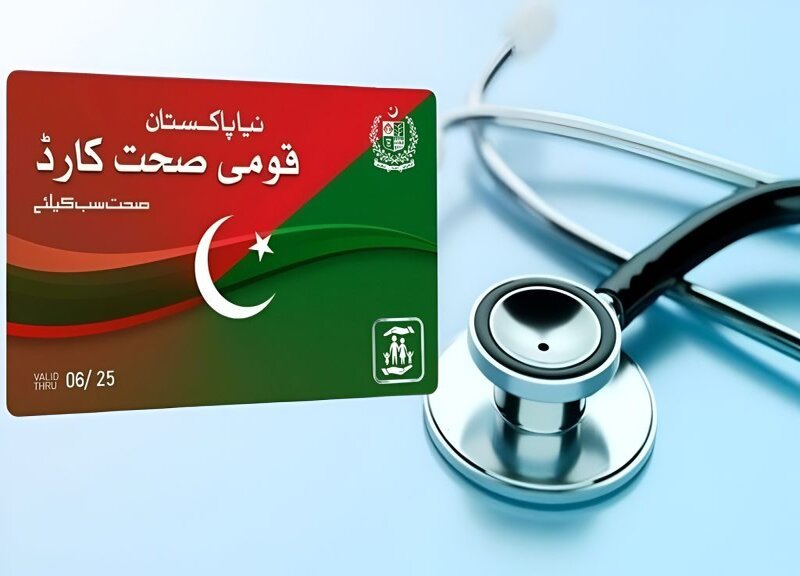The International Monetary Fund is pressing Pakistan to significantly raise taxes on agriculture inputs, recommending that the federal excise duty on fertilizer be doubled to 10 percent and a new 5 percent duty be imposed on pesticides. These policy changes are intended to help close a projected revenue shortfall of Rs. 400–500 billion in the current fiscal year. The government, however, has asked that such new levies be postponed until the following year, citing the vulnerability of the agricultural sector after severe flooding drowned 3.3 million acres in Punjab and damaged 27 districts. As the deadline for the IMF review approaches, officials say Islamabad may negotiate a downward revision of the Federal Board of Revenue’s annual tax target by Rs. 167–240 billion instead of accepting sweeping tax hikes immediately. The original FBR aim of Rs. 14.13 trillion is now expected to be revised to somewhere between Rs. 13.89 and 13.96 trillion, with corresponding cuts to the sales tax target as well. Agriculture stakeholders have voiced strong objections. Fertilizer manufacturers warn that raising the excise duty will further erode farmers’ purchasing power, compromise balanced nutrient management, reduce crop yields, and raise production costs. Critics argue that targeting farmers with more taxes, while removing support price mechanisms, would deepen stress on a sector already facing climate shocks and input price volatility. Political opposition is mounting, especially from the PPP, which has long resisted additional levies on fertilizer and pesticides. The prime minister’s office has engaged diplomatically with IMF representatives in an effort to preserve current rates. Reports indicate that Islamabad may succeed in persuading the Fund to relent on the most aggressive proposals for the upcoming budget cycle. Negotiations remain delicate. The final decisions will be locked into the next version of the Memorandum of Economic and Financial Policies (MEFP) that will guide Pakistan’s reforms under the IMF program. The concessions Pakistan secures—or fails to secure—on agriculture taxation may set the tone for how the economy balances revenue mobilization with sectoral sustainability in the months ahead.





































